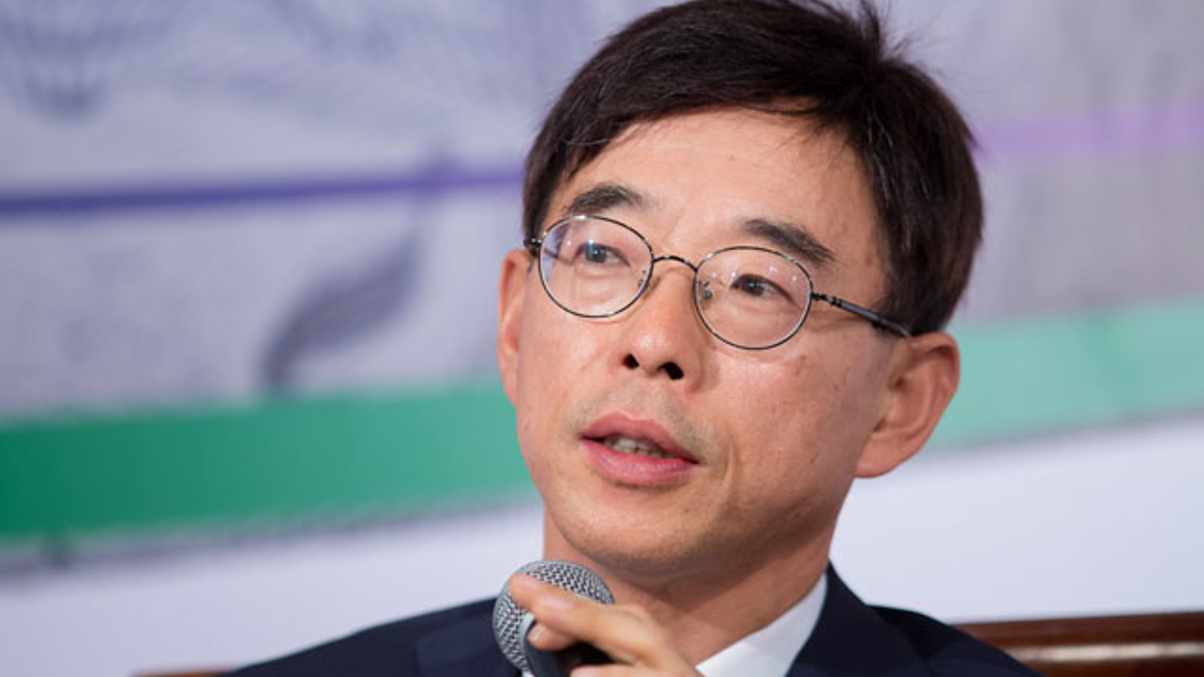Korean asset owners eye Africa potential
Faced with low yields at home and a need for diversification, Korean institutions are taking a fund of funds approach in Africa and are making plans for direct investment.

Korean asset owners are making fledgling investments into frontier markets such as Africa driven by low growth prospects at home and an urgent need for diversification, a forum heard.
Sign in to read on!
Registered users get 2 free articles in 30 days.
Subscribers have full unlimited access to AsianInvestor
Not signed up? New users get 2 free articles per month, plus a 7-day unlimited free trial.
¬ Haymarket Media Limited. All rights reserved.


